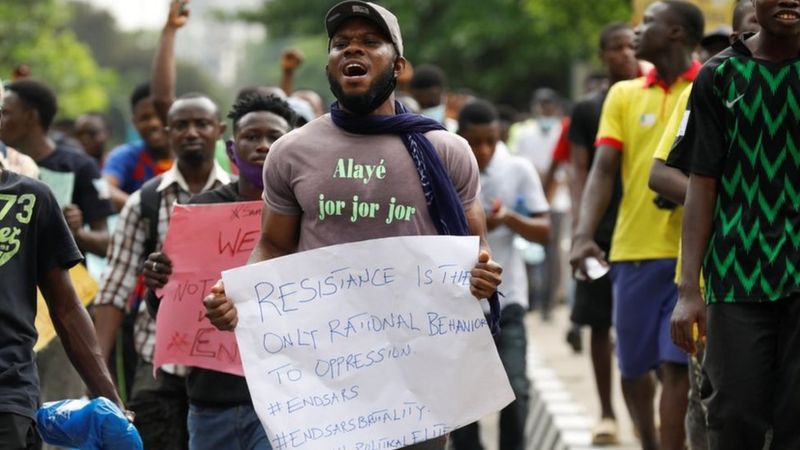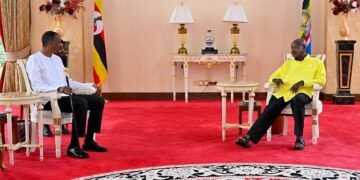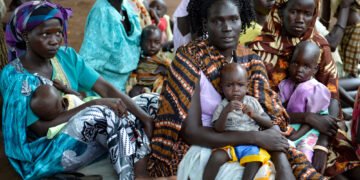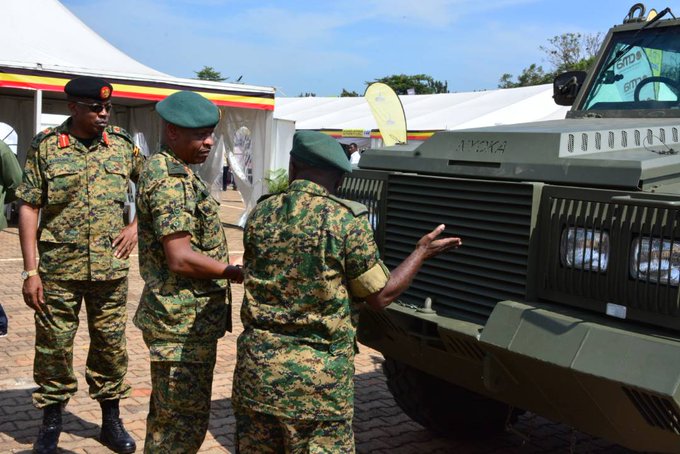Nigeria has dissolved the special police force at the centre of protests against police brutality.
The government said a special presidential directive had ordered the immediate dissolution of the Special Anti-Robbery Squad (Sars).
Protests against the squad were sparked by a video of a man allegedly being killed by police.
The demonstrations have intensified despite a crackdown and have spread outside the country.
What does the directive say?
All the officers in the Sars squad – widely accused of unlawful arrests, torture and murder – are to be redeployed, the presidency said, and a new arrangement to replace the squad is being worked on.
Meanwhile, Nigeria’s chief of police said a team of investigators – including civil society organisations and human rights bodies – would be set up to investigate alleged abuses by Sars.
PRESIDENTIAL DIRECTIVE: The Special Anti-Robbery Squad (SARS) of the Nigeria Police Force @PoliceNG has been dissolved WITH IMMEDIATE EFFECT.
The Inspector General of Police will communicate further developments in this regard.— Presidency Nigeria (@NGRPresident) October 11, 2020
President Muhammadu Buhari had earlier said he was determined to end police brutality, introduce reforms and bring “erring personnel… to justice”.
Protesters had demanded the unit be disbanded rather than reformed because previous commitments to change police behaviour had had no effect.
How did Sars operate?
The latest round of protests were prompted by footage of officers pulling two men out of a hotel in Lagos into the street and shooting one of them.
The footage, leaked to the media, provoked outrage and led many to share stories of brutality attributed to the unit, which has developed notoriety for unduly profiling young people, the BBC’s Nduka Orjinmo in Abuja says.
Those considered “flashy” often attract the Sars officers’ attention and very few walk away without having to hand over money, while others are arrested or jailed on trumped-up charges and some have been killed, our correspondent adds.
Earlier this year rights group Amnesty said it had documented at least 82 cases of torture, ill treatment and extra-judicial execution between January 2017 and May this year.
The victims were mainly men aged between 18 and 35 from poor backgrounds and vulnerable groups. Many of those tortured were beaten with sticks and machetes and denied medical attention, the group said.
The “systemic use of torture… points to an absolute disregard for international human rights laws and standards”, Amnesty said.
Why didn’t reform work?
The #EndSARS hashtag was first thought to have been used in 2018, but it emerged once again a week ago.
There have been earlier attempts to reform the notorious squad. In 2018 Vice-President Yemi Osinbajo ordered that its management and activities be overhauled.
Then last year, a specially formed Presidential Panel on the Reform of the Special Anti-Robbery Squad recommended reforms along with the dismissal and prosecution of named officers accused of abusing Nigerians.
At the time, President Buhari gave the head of police three months to work out how to implement the recommendations, but critics say little changed.
SOURCE: BBC Africa News
















